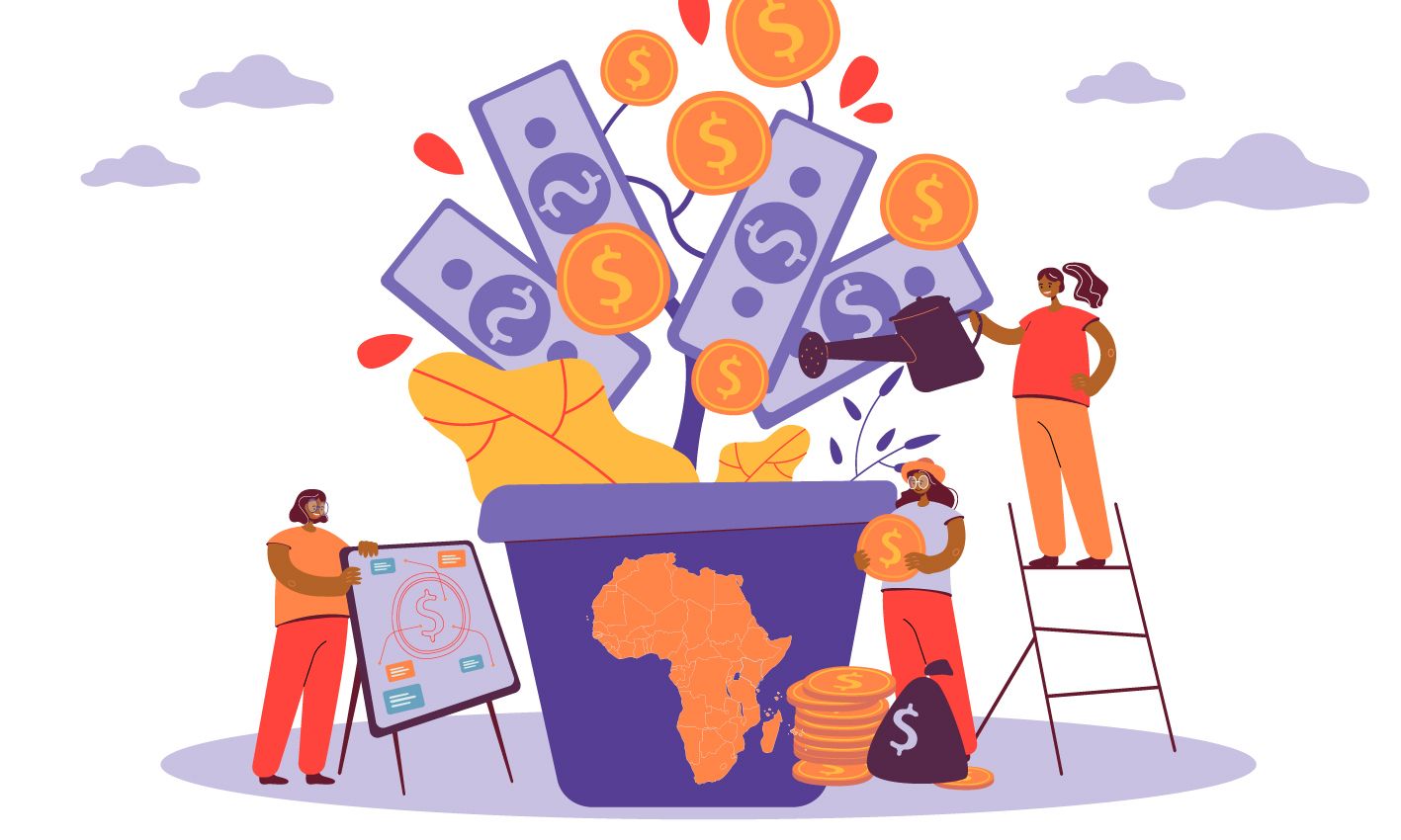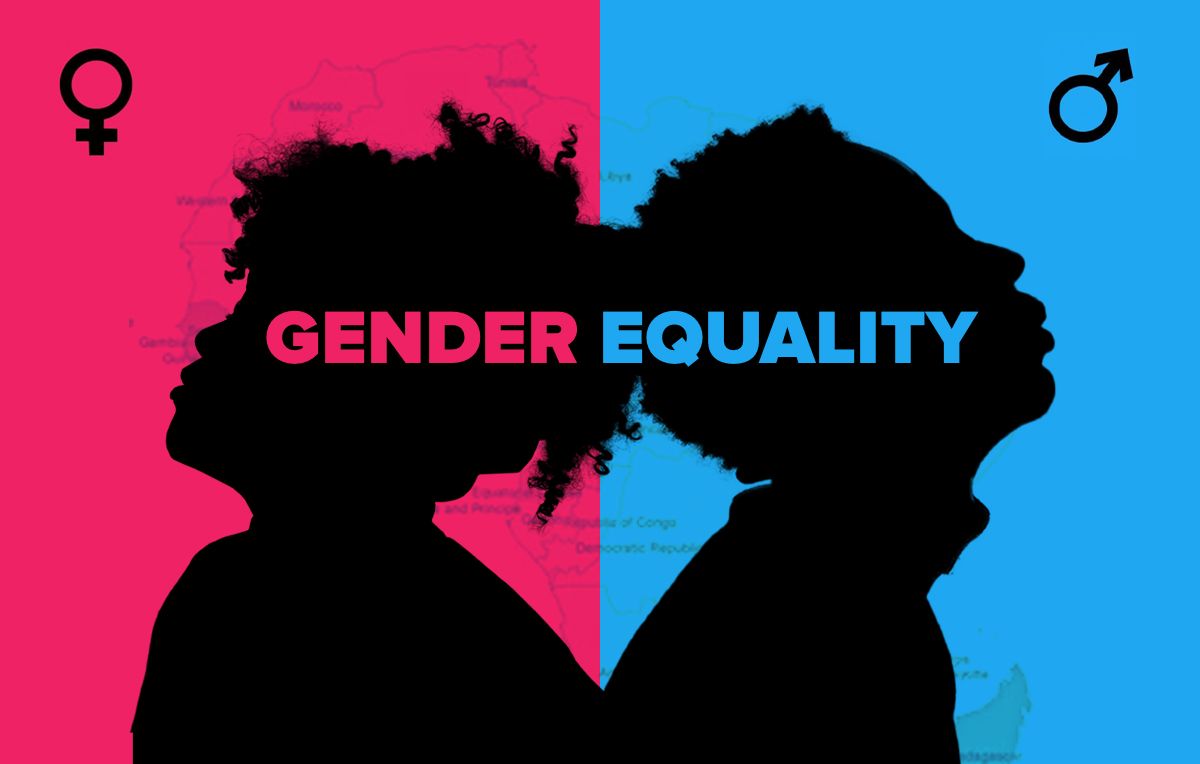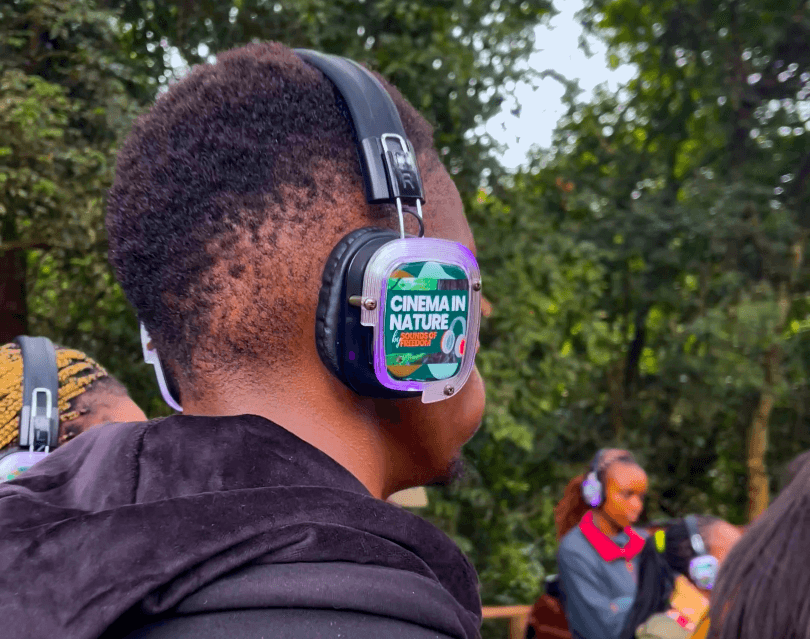The most recent rape case in Kenya has left many people reeling in shock at the moral rot in our society. Many Kenyans went online to condemn the incident that led to the death of the 23-year-old Velvine Nungari Kinyanjui (May her soul rest in eternal peace). On the flip side, some went on to victim shame, perpetuating the myth that the rape victim must have done something to provoke the rapist.
The culture of blaming rape victims is tied to the cultural upbringing of both genders. In Kenya and Africa at large, after circumcision, young boys are socialized to be adventurous and explore their sexuality to prove their masculinity. Girls, on the other hand, are domesticated and taught to be chaste and compliant.
In most cultures, women are deemed inferior, subordinates to their male counterparts. Part of their purpose of existence is to serve men's needs. Hence, when a man seeks sexual satisfaction, they'll have it even when it's by force; because it's their "right." Further, in the spirit of exploring their masculinity, this culture assumes that men have no control whatsoever over their sexual desires. It's always a woman's fault for evoking men's "wild" sexual urges. This has reduced women to sex objects. That's why rape is downplayed and seen as not too serious an issue.
Societal attitudes that perpetuate rape culture in Kenya
On 13th July 1991, Kenyans woke up to the news of mass rape at St. Kizito secondary school in Meru. Seventy-one girls were raped, and 19 died in a commotion that saw 300 boys attack girls in their own dormitory. The attack was to teach the girls a lesson because they refused to participate in a strike the boys organized.
After such a heinous act, you'd expect the school admiration to condemn the boys' action; they did not. The deputy principal, instead, commented on the incident saying, "The boys never meant any harm against the girls. They just wanted to rape." Shockingly, the teachers also perceived rape in the school as normal since it had been happening all long. The only difference is that the July incident caused deaths.
You might be thinking that 1991 was a long time ago and could be we've changed. We haven't. 20th February last year, the University of Nairobi released a memo concerning a rape incident where three men gang-raped a female student.
The memo in part said, "…in all the three incidents since last year, a clear case of recklessness on the part of our female students can be drawn…" the report goes ahead to give female students safety tips. The university did not condemn the rapist, warn against rape or mention any actions to investigate the incidents. Later, the university apologized after receiving backlash on social media.
If you want to investigate Kenyans' attitude towards rape further, log in on Twitter and check the thread on the latest rape incident in the country #justiceforvelvine. Your jaw will drop. It's no shocker that most of the people victim shaming the victim are men.
The impact of false reasoning about rape
These incidents make it crystal clear on the stand of our society concerning rape. Kenyans are continuously perpetuating incorrect reasoning about rape which denies rape victims the justice they deserve. This type of reasoning leads to:
Victim shaming
As in the case of the University of Nairobi, women are always at fault. Rape victims are blamed for indecent dress code, drunkenness, walking alone in unsafe areas, and the list goes on and on. A woman must have done something to warrant rape. The rapist did nothing wrong.
Secondly, men have been groomed to think that women owe them sex when they purchase a gift, take them for lunch or pay for their transport, etcetera. They pick these cues as signs of interest and attack when women least expect.
You'll hear phrases like, "but he bought her lunch," "but she's the one who went visiting him," "but she accepted to go out drinking with him," "but her dress was too tight." Ladies and gentlemen, which part of these sentences shows that she said yes to intimacy? Clearly, there is none. Precisely the reason we call it rape.
Misconceptions perpetuated by media
In 2018, a 15-year-old girl was sexually assaulted at Moi Girls High School Nairobi. The girl did not receive an emergency response as quickly as she should have. When she was eventually taken for a checkup, the health centre found no evidence of rape. Her parents, sensing foul play, sought a second opinion in a different hospital. The result proved that she had, indeed, been sexually assaulted.
Kenya Union of Post Primary Education Teachers (KUPPET), in a bid to protect its members who were accused of the incident, asked for fairness in investigating the incident.
A month later, the union issued a report on the incident, blaming it on lesbianism in the school. The case was under investigation, and the union had no authority to comment on the matter.
The union's allegation was published on the standard newspaper's front page under the headline "Teachers: Moi Girls Rape was all Fiction." Social media went crazy, with people calling for action to be taken against the girl for spreading lies.
Was there evidence of this allegation? We'll never know.
Delayed legal action and health care
The medical evidence for a rape case should be obtained within the first 72 hours. However, in some cases, rape survivors will arrive at the police station or health care facility and wait for hours on end.
Sometimes, rape survivors are asked to pay for the post-rape medical service, which is supposed to be free. The same happens when reporting a rape case at the police station. All these hinder justice for rape survivors.
Suppose these departments handled rape cases with the seriousness it deserves. At the bare minimum medical evidence about rape will be collected in good time. At least this can pave the way for investigation.
The conversation about rape must not stop
Men play a significant role in the conversation around stopping the rape culture. It is only by getting them on board that this violent act can stop. From a young age, boys must be taught to respect women, and older men must lead by example. Together, we can create a safe environment for our daughters, sisters, aunts, and mothers.





